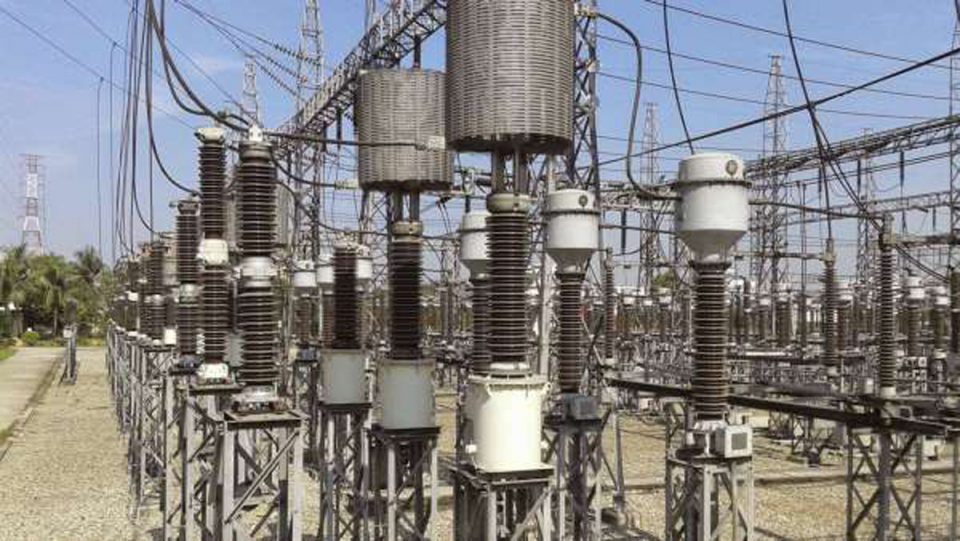Power Generation Companies (Gencos) in Nigeria have attributed the inability to achieve the 5000 megawatts (MW) minimum power generation and delivery to Nigerians from July 1, 2022 to the refusal of gas producers to sign new Gas Supply Agreements (GSAs).
THISDAY learnt from one of the major gas-powered electricity generators that the gas producers were adamant to sign new contracts due to dwindling confidence in government as they were allegedly owed about $1 billion as legacy debts.
The power generator who spoke to THISDAY on condition of anonymity, said they had approached the gas producers but were told that they would not activate any new contract unless their $1 billion legacy debt was offset by government.
The source said both the Gencos and the gas suppliers had lost confidence in government, adding that the Gencos were still owed close to N2 trillion for power generated.
He also said since the Minister of Power, Mr. Abubakar Aliyu recently claimed that more gas supply contracts had been activated, raising the number of such contracts from the existing five, the minister should have as well told Nigerians how many new contracts were activated and the Gencos and gas producers involved.
The Nigerian Electricity Regulatory Commission (NERC) had told journalists that the market participants, including the Transmission Company of Nigeria (TCN), Gencos, Distribution Companies (Discos), Nigerian Bulk Electricity Trading Plc (NBET) and gas suppliers had agreed to activate contracts that would lead to the generation, transmission and distribution of at least 5000MW of electricity to Nigerians with effect from July 1, 2022.
The commission’s Chairman, Mr. Sanusi Garba, who made the announcement, explained that the purpose was to ensure that gas suppliers, Gencos and Discos recover monies spent in rendering services in the Nigerian Electricity Supply Industry (NESI).
This would have meant the prompt payment for gas supply, power generated and put into the grid and the one consumed by customers.
The initiative was to also ensure total compliance and commitment to the contracts as well as sanctions to any defaulting party.
However, since the announcement of the initiative, nothing was heard until penultimate week when Aliyu disclosed that new contracts had been activated but that the target volume of power could not be achieved due to gas shortages.
But one of the power generators who pleaded anonymity said: “Gas suppliers said they would not sign. If they don’t sign, what can Gencos do? They said they don’t trust the government. The ones that were signed before, what happened to them? Has the government been fulfilling its own obligation?
“There is so much uncertainty in the system and the gas suppliers are sceptical about everything. They want the legacy debt to be cleared before they can venture into any other contract. They are in business to make profit and remain in business, and not to be making losses. Gencos are also in business to make profit and not losses.
“The minister of power told Nigerians that they could not achieve the 5000MW target because of gas supply constraints. He also said that more gas supply contracts had been signed. But he did not mention the people involved in the new contracts. Maybe he said it to please his principal and please Nigerians.
“But the truth is that, no new contract has been signed. We Gencos have been pleading to government to pay us our money for the power we have generated.”
The source also alleged possible underhand deals in the system as regards budgetary approvals and disbursements for power generation, saying the Federal Executive Council (FEC) had been approving monies for power generation but that the Gencos were still being owed.
According to the anonymous source, there is corruption everywhere in the system and people are busy cleaning up from wherever they can at the expense of the sector and Nigerians.
He added: “Anytime we say, pay us our money so that we can pay our gas suppliers, the minister will say there is no money, but FEC has been approving money for power generation. Where did the money go to? Go and check FEC’s approvals and disbursements for power generation from April 2022 till date, you will see how much has been approved for power generation.
“There is corruption everywhere in the system. People are busy cleaning up from wherever they can at the expense of the sector, at the expense of Nigerians. Anytime we are ready to solve the problem in the sector, that’s when things will change. We are tired of begging and complaining.”
The Executive Secretary, Association of Power Generation Companies (APGC), Dr Joy Ogaji, had stated that the liquidity challenge in the sector had made operating in the generation value chain very difficult for the companies.
Ogaji maintained that Gencos were ready to generate the power needed in Nigeria but that utilisation had been stagnated at just 4000MW since privatisation due to transmission and distribution constraints.
She said Gencos had many challenges they were contending with including non-payment for power generated, inability to pay gas suppliers, and most critically, the foreign exchange constraints as Gencos struggle to access dollars to pay for gas, buy equipment and maintain equipment whose payments were mostly in dollars.




